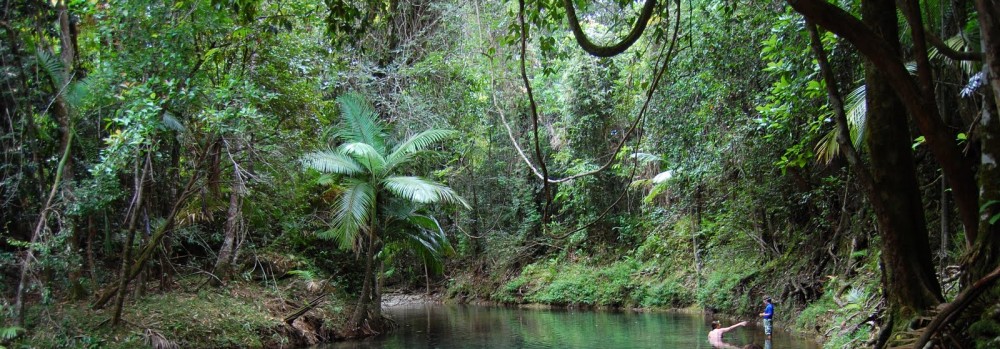There’s an article in tomorrow’s NY Times about the potential effects of one of the Big Three automakers going out of business. It begins:
The failure of one or more of Detroit’s Big Three automakers would put a huge initial dent in American manufacturing, but in time foreign car companies would pick up the slack by stepping up production in their plants here, many industry experts and economists say.
The article mostly looks at GM, most in the news recently for its ferocious lobbying effort to get a bailout. Acid tongues have noted that they would have been well served to bring the same sort of singleminded focus over the past thirty years to their business of creating cars that people actually want to buy. (I routinely turn in GM cars when I get them in the rental roulette, even if they’re supposedly an upgrade.)
But the article also takes a nuanced view of the effects of a potential GM bankrupcy on the so-called ‘transplants,’ the foreign, mostly Japanese, automakers with manufacturing sites in the US. Since they share many of the same suppliers — airbags, transmissions, window glass, tapered roller bearings, etc. — the transplants would be seriously buffeted by a structural change in the industry.
I have a friend at one of the transplants who made this argument to me last week, although he put it more forcefully; they’re praying that the Big Three get a bailout because they don’t want the disruption in their supply chains and my friend saw the implications of that distruption as much more dire, more severe, than the Times article suggests.

